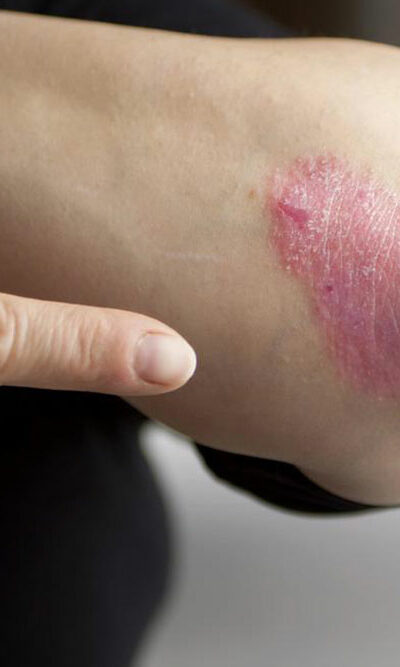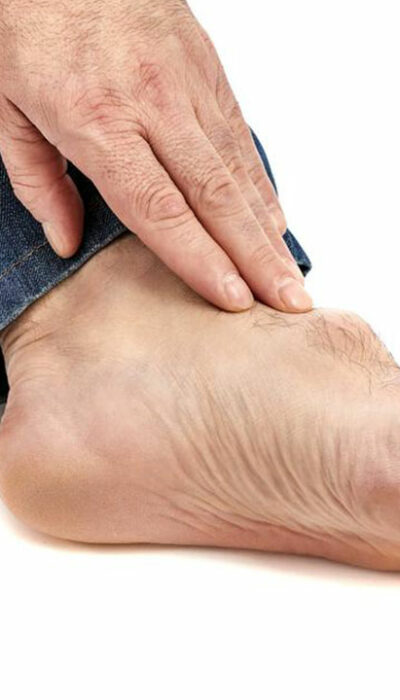
Do You Have Any of These Cervical Cancer Symptoms?
The changes in your body that you have been ignoring may actually be cervical cancer symptoms. Here’s what you need to know. Cervical cancer is the type of cancer that affects the cells of the cervix in a woman—cervix is the narrow lower part of your uterus and is connected to the vagina. The cause of this form of cancer is the human papillomavirus (HPV), a sexually-transmitted infection that is quite common. When you are exposed to this virus strain, your immune system usually stops the virus from causing any harm. But in some women, this virus survives in their bodies for several years and adds to the process of causing cells on the surface of the cervix to turn cancerous. It is possible that a woman experiencing certain cervical cancer symptoms has been brushing it aside as some minor bodily change. This delay can lead to worsening of the symptoms, so visit a doctor at the earliest if you notice any of the following cervical cancer symptoms occurring in your body. Unusual vaginal bleeding Many women experience irregularities in the menstrual cycles, in addition to some harmless cases of bleeding between the regular cycles. However, it can also be one of the cervical cancer symptoms, so it is always safer to consult your doctor to determine the exact cause. Particularly, bleeding after sexual intercourse, longer and heavier periods than usual, and bleeding after you have reached menopause can be worrisome, so don’t delay getting such problems checked by a medical professional. Changes in vaginal discharge If you notice any unusual vaginal discharge, it may be an indication of cervical cancer. It is normal to have a small amount of discharge, but if it is one of the cervical cancer symptoms, the discharge may be watery, pale or brown in color, and have a foul odor.










